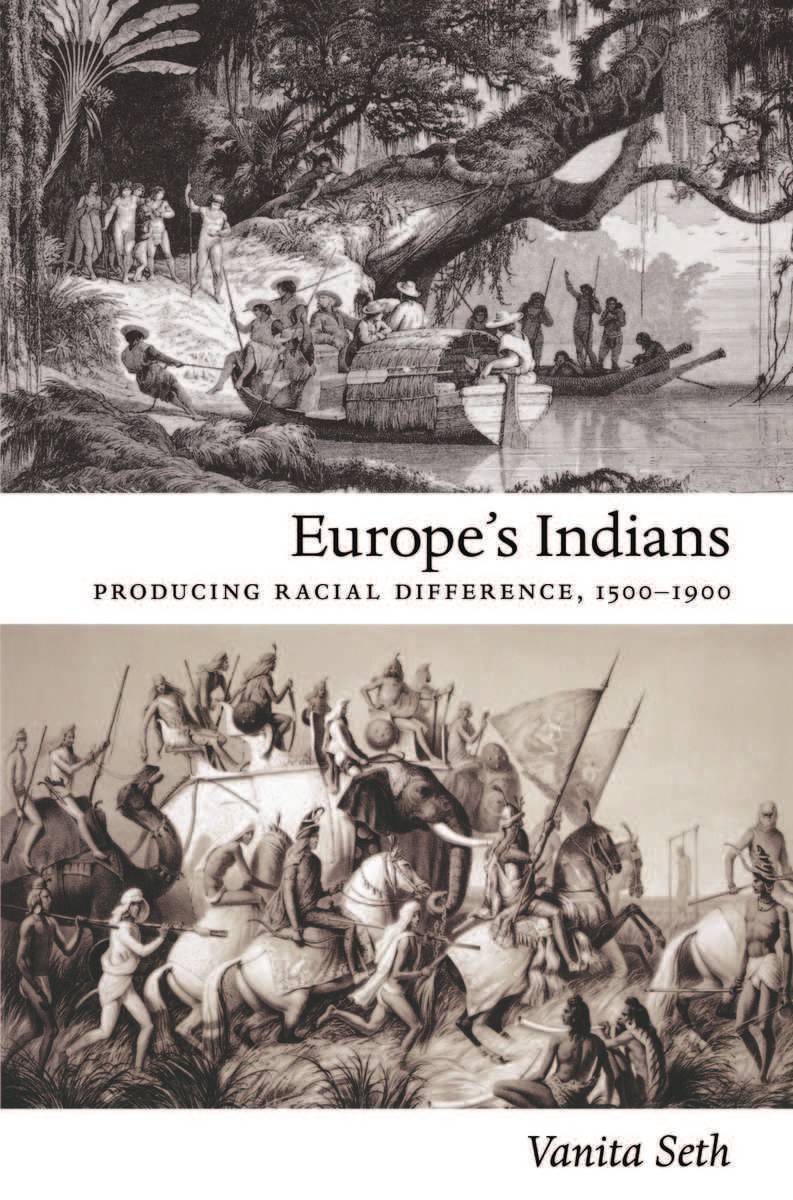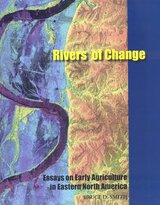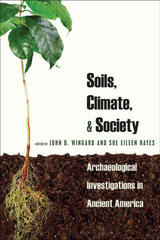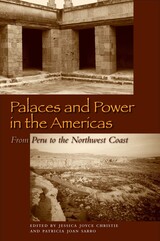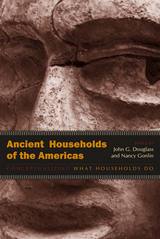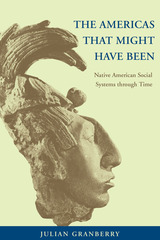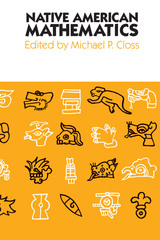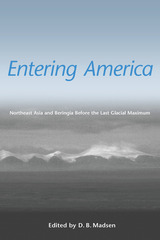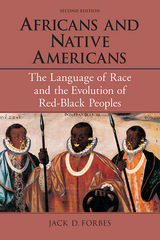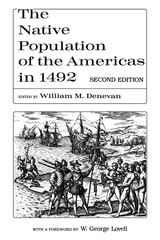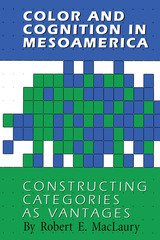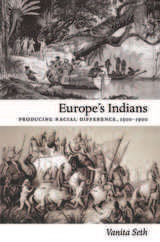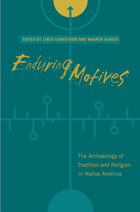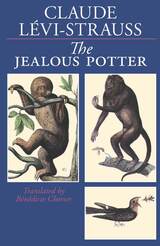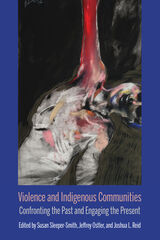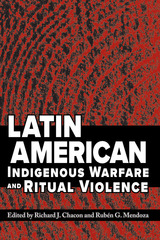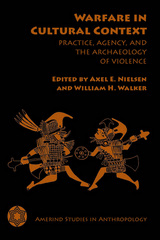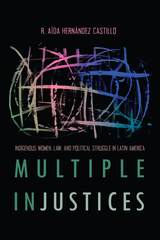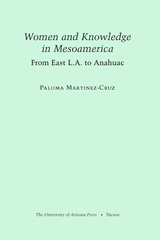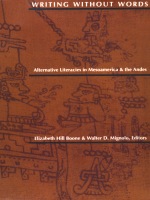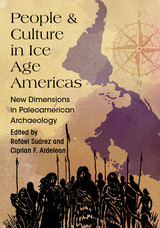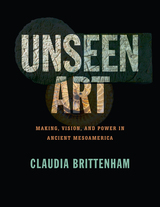“’To suggest that history can be unmade’ might be a light undertaking were it really just a suggestion. In Vanita Seth’s exciting work of comparative political theory, the suggestion is not merely made but shown to be a real possibility given her meticulous, complex, and perceptive reading of the production of racial difference over roughly four hundred years of European thought.” - Mindy Peden, Theory and Event
“Vanita Seth’s Europe’s Indians is an intellectual history of the highest order. . . . Europe’s Indians is a sophisticated and intellectually courageous work that significantly contributes to the intellectual history of Europe’s encounter with the rest of the world. . . . [S]cholars of European thought and colonial encounters must give this work serious consideration for its sophisticated and original analysis.” - Charles V. Reed, Journal of the North Carolina Association of Historians
“Seth has synthesized an impressive range of materials to generate a wide-ranging, compelling, and important analysis.” - Kevin Bruyneel, Perspectives on Politics
“Seth provides intriguing material for scholars studying European ways of thinking about difference. She puts her finger on a fundamental conundrum within the historiography of European race: how can all within a nation,
a continent, or any other group whose members seem to share a physical quality be alike despite myriad ostensible differences, while other peoples with an equal share of myriad differences are perceived as so fundamentally different?” - Joshua Goode, American Historical Review
“Seth’s knowledge of the literatures of postmodernism and postcolonialism is comprehensive and illuminating, and her diverse readings of historical texts, myths, legends and systems of thought and reasoning provides innumerable insights into the shifts in European bodies of knowledge.” - Ethnicity and Race in a Changing World
“In this original and exciting work, Vanita Seth shows how European ways of knowing changed and how as they changed, certain ‘truths’ were established, verified, habituated, and naturalized, so that the previous way of knowing was occluded and rendered unthinkable. Moving from a history of science into political theory, shifting from a European philosophical tradition into questions of postcolonialism, and historically specifying in new ways the question of race as a very modern invention, Seth makes an enormous contribution.”—Pal Ahluwalia, author of Out of Africa: Post-structuralism’s Colonial Roots
“Vanita Seth offers both a novel understanding of how difference is represented in early and high modern European political thought and a compelling new way to theorize difference. This is politically motivated scholarship at its finest—probing, learned, meticulous, interdisciplinary, imaginative and fearlessly critical.”—Wendy Brown, University of California, Berkeley
“’To suggest that history can be unmade’ might be a light undertaking were it really just a suggestion. In Vanita Seth’s exciting work of comparative political theory, the suggestion is not merely made but shown to be a real possibility given her meticulous, complex, and perceptive reading of the production of racial difference over roughly four hundred years of European thought.”
-- Mindy Peden Theory & Event
“Seth has synthesized an impressive range of materials to generate a wide-ranging, compelling, and important analysis.”
-- Kevin Bruyneel Perspectives on Politics
“Seth provides intriguing material for scholars studying European ways of thinking about difference. She puts her finger on a fundamental conundrum within the historiography of European race: how can all within a nation,
a continent, or any other group whose members seem to share a physical quality be alike despite myriad ostensible differences, while other peoples with an equal share of myriad differences are perceived as so fundamentally different?”
-- Joshua Goode American Historical Review
“Seth’s knowledge of the literatures of postmodernism and postcolonialism is comprehensive and illuminating, and her diverse readings of historical texts, myths, legends and systems of thought and reasoning provides innumerable insights into the shifts in European bodies of knowledge.”
-- Ethnicity and Race in a Changing World
“Vanita Seth’s Europe’s Indians is an intellectual history of the highest order. . . . Europe’s Indians is a sophisticated and intellectually courageous work that significantly contributes to the intellectual history of Europe’s encounter with the rest of the world. . . . [S]cholars of European thought and colonial encounters must give this work serious consideration for its sophisticated and original analysis.”
-- Charles V. Reed Journal of the North Carolina Association of Historians
